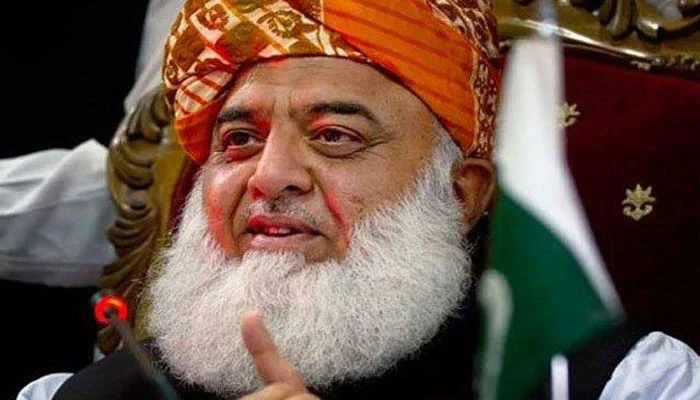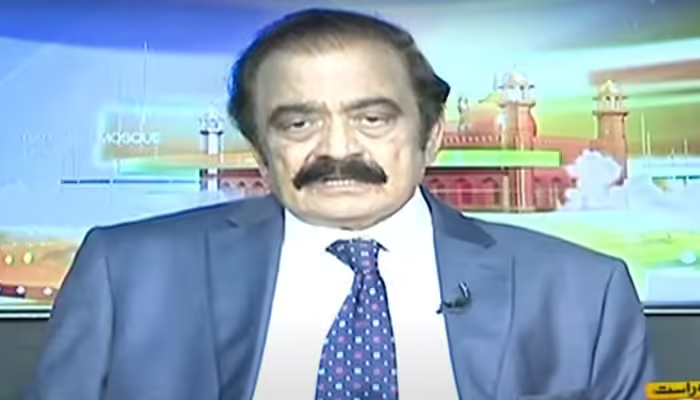Maulana Fazlur Rehman, the head of the Jamiat Ulema-e-Islam (JUI-F), has declared his party’s readiness for upcoming elections but emphasized the need for a conducive political environment. Speaking to the media in Islamabad, he highlighted the complex situation in two provinces currently engulfed in instability, questioning the feasibility of holding elections under such circumstances.
Fazlur Rehman revealed that electoral alliances with the Pakistan Muslim League-Nawaz (PML-N) have resulted in the formation of committees, indicating collaboration in Khyber Pakhtunkhwa with the PML-N while expecting reciprocal cooperation in Punjab. However, he underscored the importance of creating an atmosphere free from unrest to ensure fair and transparent elections.
The JUI-F leader expressed concern about the precarious security situation in two provinces, where conflicts have raised questions about the viability of conducting elections. He mentioned the tragic incident in Noshki, Balochistan, where three JUI-F members lost their lives.
Regarding the inter-party elections within the Pakistan Tehreek-e-Insaf (PTI), Fazlur Rehman dismissed it as an internal matter and stressed that his focus remains on creating pathways based on public trust, manifestos, and political stances.
Fazlur Rehman acknowledged the electoral alliance with the PML-N, indicating an ongoing collaboration and a desire to maintain ties with Nawaz Sharif’s party. He hinted at seat adjustments and affirmed the need for unity within the opposition ranks.
Expressing skepticism about the possibility of holding elections in areas affected by unrest, such as D.I. Khan, Tank, and Lakki Marwat, where he highlighted the absence of a police presence, Fazlur Rehman questioned the feasibility of conducting elections under such circumstances.
He also touched upon the recent meeting of the Wafaq-ul-Madaris, emphasizing the need to address barriers within the education system. Fazlur Rehman advocated for the removal of obstacles, including a legal framework for the registration of madrasas, during the meeting. He announced a large gathering at the convention center to discuss these matters further.
Maulana Fazlur Rehman’s statements reflect the political challenges and security concerns that could impact the electoral landscape in certain provinces. While expressing preparedness for elections, he underscores the necessity of creating a stable and secure environment for a democratic process to unfold effectively.



